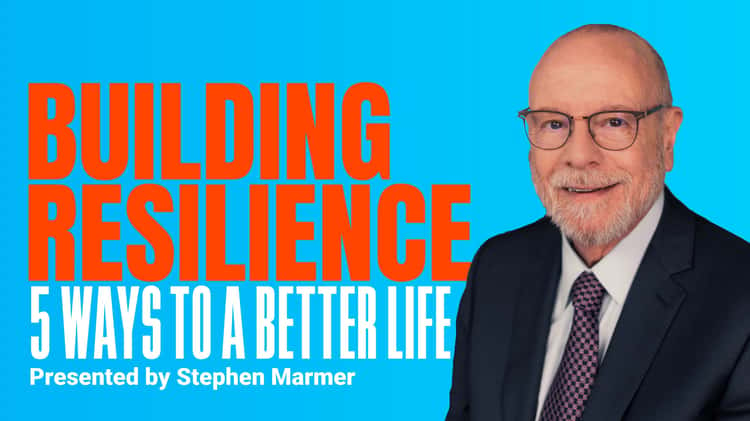
I was poor, black, and female. Racism didn't keep me from achieving my dreams
I worked hard. Not crazy, 24/7 hard—just hard. I made good decisions. Not brilliant, three-dimensional-chess decisions—just good ones. I met people along the way who helped me and sincerely wanted to see me succeed—not because they had something to gain, but because they were decent people. Almost all of these individuals, by the way, were white.
But mostly, I think I was blessed in one crucial way: I was born in America, a true land of opportunity for anyone of any color or background. In this country, where you start your life does not determine where you end up.
That works in both directions, by the way. You can start out with every advantage and waste them all. Or you can start out with nothing and become a success. It all depends on you. Your attitude is far more important than your race, gender, or social class in determining what you will accomplish in life.
When I hear young blacks—or anyone, for that matter—talk about systemic racism, I don't know whether to laugh or cry. I want to laugh because it's such nonsense. I want to cry because I know it's pushing untold numbers of young blacks into a dead end of self-pity and despair. Instead of seizing the amazing opportunities America offers them, they seize an excuse to explain why they're not succeeding.
I was born into a world where systemic racism was real—no-fooling, outright-bigotry, back-of-the-bus real. But here's what you need to know: Yes, that racism shaped the black experience—but even then, it did not define it. Change was in the air. Call it systemic reform.
The modern Civil Rights Movement was in its infancy, and the leaders who fought for equal rights for blacks were men and women of all races. They believed in America and were determined to see it live up to its highest ideals—ideals manifest in the Declaration of Independence and the US Constitution.
Did I know, growing up, that George Washington and Thomas Jefferson owned slaves? I don't think I ever thought about it. If I did, I'd like to think that I would have had enough common sense to know that we can't judge men who lived 250 years ago by the moral standards of our own day.



















